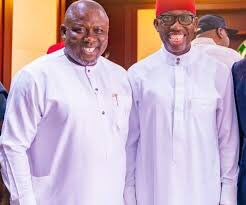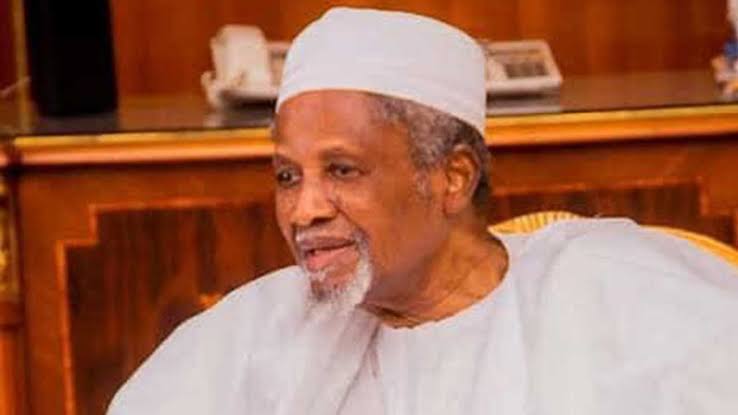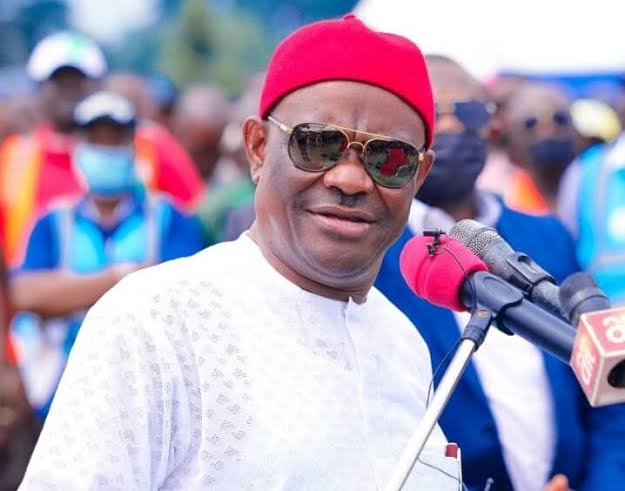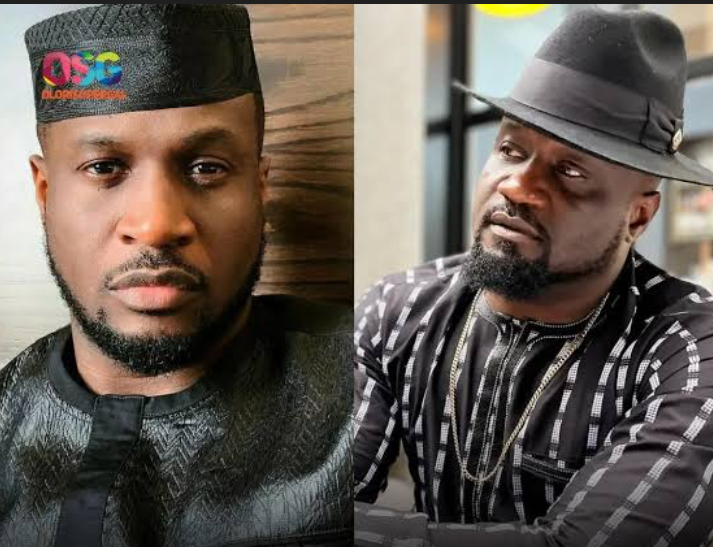
Breaking News: Okowa, Oborevwori, and Delta PDP Leaders Defect to APC – A Political Earthquake in Nigeria

A seismic shift has rocked the political landscape of Delta State, Nigeria, as reported in a recent X post by Punch Newspapers.
In a stunning development, prominent members of the Peoples Democratic Party (PDP) in Delta State, including Governor Sheriff Oborevwori, former Governor Ifeanyi Okowa, the Speaker of the State House of Assembly, the state party chairman, and several local government chairmen, have collectively abandoned the PDP to join the All Progressives Congress (APC).
This mass defection marks the end of the PDP’s long-standing dominance in the state, which had been a stronghold of the party since Nigeria’s return to democracy in 1999.
For over two decades, Delta State had been a PDP fortress, but this move signals a dramatic realignment in the state’s political dynamics and potentially foreshadows broader changes in Nigeria’s political future.
The news, shared on April 23, 2025, by Punch Newspapers, has sparked intense reactions across social media, with many users on X weighing in on the implications of this shift.
The defection is not just a local event but a reflection of the broader instability within Nigeria’s political parties, where loyalty often takes a backseat to strategic survival.
Delta State, located in Nigeria’s oil-rich South-South region, has long been a key player in national politics due to its economic significance and political influence.
The departure of such high-profile figures from the PDP to the APC underscores the fragility of party allegiance in Nigeria, where political actors frequently switch sides to secure power, protection, or relevance.
Social media reactions to the post reveal a mix of skepticism, frustration, and analysis.
Some users speculate that former Governor Okowa’s decision to defect may be tied to his desire to avoid scrutiny from the Economic and Financial Crimes Commission (EFCC), which has reportedly been investigating allegations of financial misconduct during his tenure. For instance, @Jay_jay remarked that Okowa is “running away from EFCC case,” while Governor Oborevwori’s move is seen as a calculated step to secure a second term in office.
Others, like @Tunde_Adeparusi, noted that aligning with the APC might offer a shield against EFCC probes, suggesting that political survival often trumps ideological commitment in Nigeria’s cutthroat political arena.
Beyond individual motivations, the defection raises serious questions about the PDP’s viability as a national opposition party. Several X users expressed doubts about the PDP’s ability to remain a credible force in Nigerian politics.
@jskay7 sarcastically questioned how the PDP could be taken seriously as an opposition after losing its 2023 vice-presidential candidate, Okowa, and an entire state apparatus to the APC.
@TruthAboutHappenings went further, predicting that by 2027, the PDP might cease to exist as a significant political entity.
These sentiments echo a growing perception that the PDP, once Nigeria’s ruling party for 16 years, is struggling to maintain relevance amidst internal crises and the APC’s growing dominance.
The defection also highlights the fluid nature of Nigerian politics, where ideology often plays second fiddle to power dynamics.
As @uzom22 aptly put it, “When politicians move like this, it’s not ideology—it’s survival.” This mass exodus from the PDP to the APC in Delta State is a stark reminder of how political alliances in Nigeria are often shaped by pragmatism rather than principles.
With the 2027 elections on the horizon, this development could set the stage for further realignments, as other PDP-controlled states may face similar pressures to switch allegiance.
The defection of Delta State’s PDP leaders to the APC is a watershed moment in Nigerian politics.
It not only weakens the PDP’s grip on a key state but also signals deeper challenges for the party’s future as an opposition force.
As Nigeria’s political landscape continues to evolve, this move may be a harbinger of more dramatic shifts to come.


